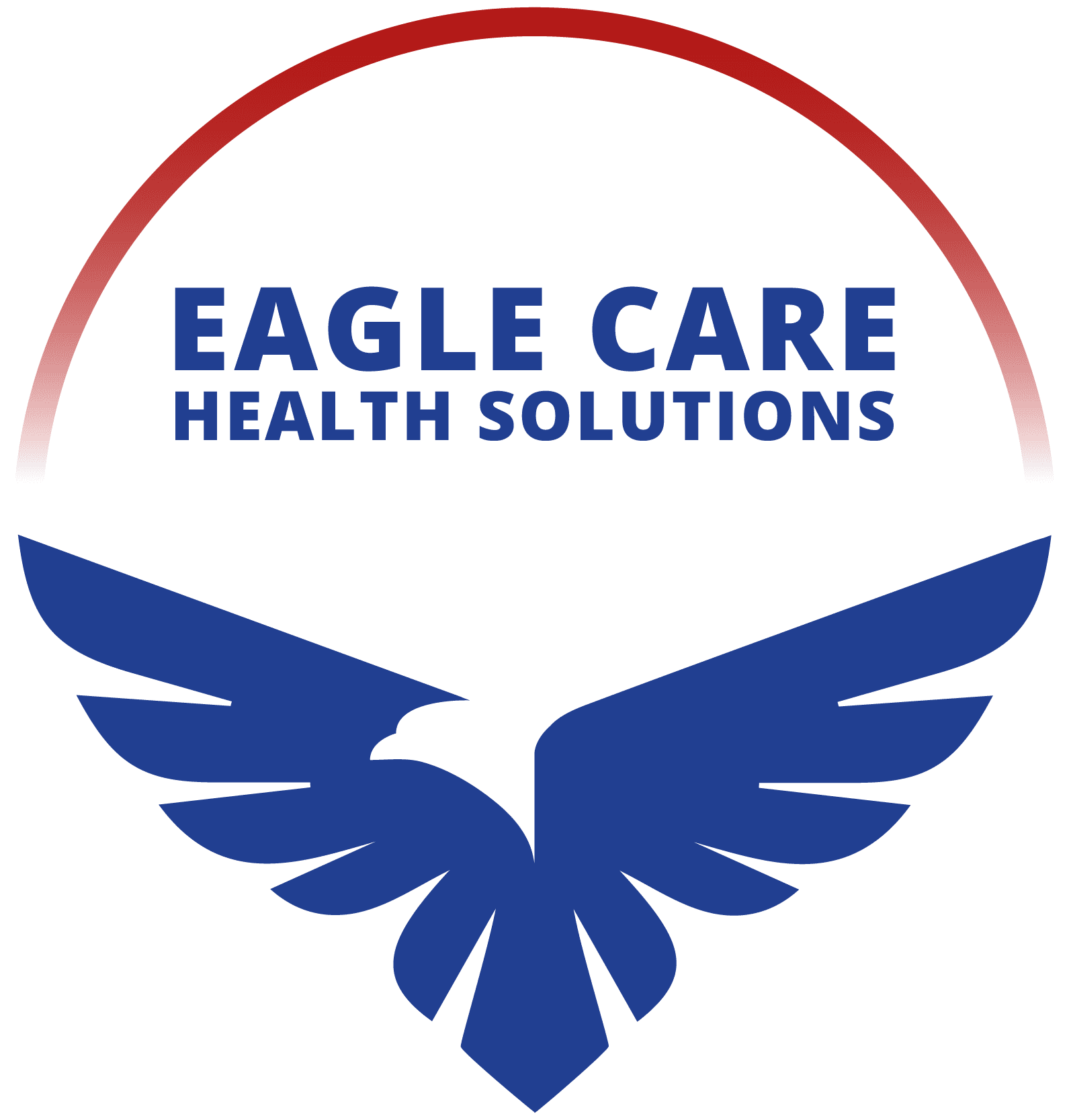What happens when love feels hurt and silence becomes a way to survive? For many survivors of abuse, this is the reality—a life of staying quiet, feeling invisible, and carrying shame that doesn’t belong to them.
Dana Diaz has been there. In a recent conversation with Harlon Pickett on the Health and Wealth Power Hour, Dana shared her journey through abuse, healing, and finding hope on the other side. Her books, Gasping for Air and Choking on Shame, capture her experiences, from growing up in a painful home to an abusive marriage that took years to break free from. Today, she shares her story not only to show that healing is possible but to remind others that they’re not alone.
Growing Up in Silence
Dana’s story starts with a childhood marked by emotional and physical abuse from parents who were supposed to love and protect her. Her mother, a teenage parent who resented Dana’s very existence, and her stepfather, who was often verbally and physically abusive, left her feeling unwanted and undeserving of love. The painful part wasn’t only the physical abuse but the emotional scars—the feeling that she didn’t matter, that she was always somehow “not enough.”
“I could win the Nobel Peace Prize right now, and it would not be enough,” Dana said, describing how her achievements never seemed to matter. This lack of love and support left her feeling like an outsider in her own family.
Recognizing Abuse for What It Is
Dana went on to marry a man who, like her parents, was controlling and abusive. But this time, the abuse wasn’t as obvious. There were no physical bruises or visible scars. Instead, it was a pattern of emotional manipulation and psychological control that made Dana question her worth and her sanity.
For a long time, Dana didn’t see this as abuse. She convinced herself it was normal, something she could handle. It wasn’t until her husband’s behavior escalated to open threats and attempts to control every part of her life that she recognized the need to break free. This moment of realization came when she was filing for a protective order, checking boxes on a form that forced her to confront the abusive reality of her marriage. Each checked box was a painful step toward acknowledging the truth she had tried so hard to avoid.
The Painful Path to Healing
Leaving an abusive relationship is a difficult choice, but the healing that comes afterward can be even harder. For Dana, breaking away from her husband also meant facing the abandonment of her family. After her divorce, her parents and many extended family members distanced themselves, believing her accusations of abuse were untrue. This rejection was painful, a layer of grief that deepened her sense of isolation. But over time, it became clear that this separation was necessary for her to truly heal and find herself.
Dana began to rebuild her life with the help of therapy, supportive friendships, and eventually, a healthy, loving marriage. Her current husband, whom she calls her “gentle giant,” provides the stability and kindness she never knew before. Though the scars of her past sometimes resurface, Dana has learned how to manage them and continue moving forward. Healing isn’t about forgetting, she says, but about learning to live in the present without letting the past define you.
A Hidden Crisis: Abuse in Our Communities
During the episode, Dana and Harlon discussed a troubling reality—abuse isn’t rare. In fact, it’s all too common. The CDC reports that nearly 50% of children in the United States experience some form of abuse or exposure to violence. The long-term impact on mental health, substance use, and even future relationships is profound.
For Dana, these numbers are more than statistics—they’re a call to action. “Think about a classroom of five-year-olds gluing popsicle sticks together in kindergarten,” Dana said. “Half of them. That’s too many. That’s way too many.” Dana believes that understanding the many forms of abuse—including emotional, financial, and psychological—can help create a culture of empathy and support.
Finding Hope After Abuse
Through sharing her story, Dana wants others to know that healing is possible, even if it doesn’t feel that way right now. Her journey reminds us that even in the darkest moments, there’s hope. It’s okay to ask for help, to reach out to friends, family, or a therapist, and to start rebuilding at your own pace. “No matter how dark your past, there’s always hope for a brighter future,” Dana says. “Healing is about letting go of what no longer serves you and making space for something better.”
For those who haven’t experienced abuse but want to support others, Dana emphasizes the importance of compassion and awareness. Too often, people see signs of abuse but hesitate to intervene, afraid of overstepping. Sometimes, the smallest gestures—a kind word, a listening ear, or even sharing a podcast episode like this one—can help someone feel seen and understood. Reaching out may feel small, but for a survivor, it can mean the world.
If you or someone you know is struggling with abuse, remember: you don’t have to face it alone. There are people who care and resources available to support you. Healing is hard, but it’s worth it, and there is a life waiting for you that’s free of fear and full of peace.
Dana’s books, Gasping for Air and Choking on Shame, are available on her website DanaSDiaz.com, where you can learn more about her story and find additional resources for survivors. Her courage to speak openly about these difficult experiences has sparked conversations that need to be had—conversations that may one day lead to real change for those who need it most.
Visit hwpowerhour.com to subscribe to the podcast and not miss out on any of our future episodes. Thank you for reading!
